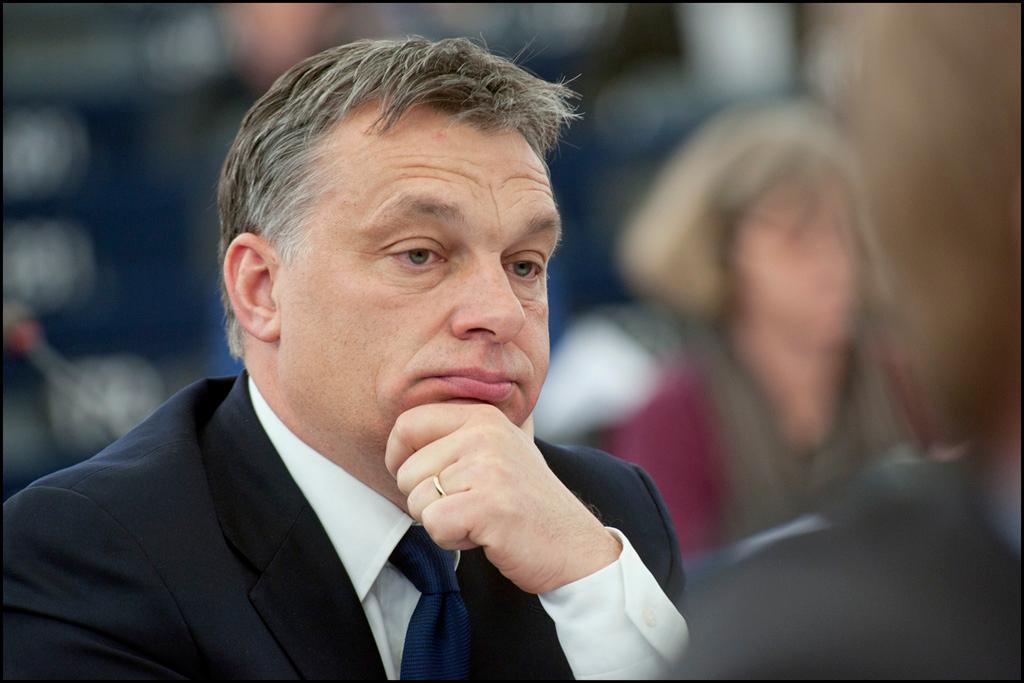About EU AffairsThe EU affairs project takes you inside the negotiations of the laws that affect us all. We publish stories that get to the heart of EU decision-making and explain how political agreements inked in Brussels matter to ordinary Europeans.
Cross-border stories from a changing Europe, in your inbox.
Cross-border stories from a changing Europe, in your inbox.

